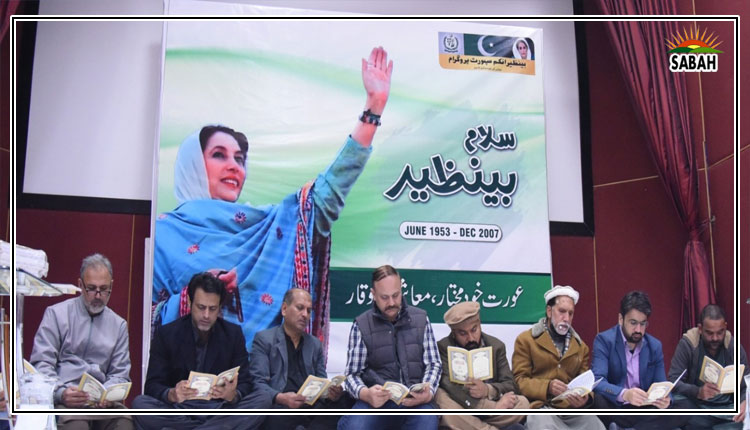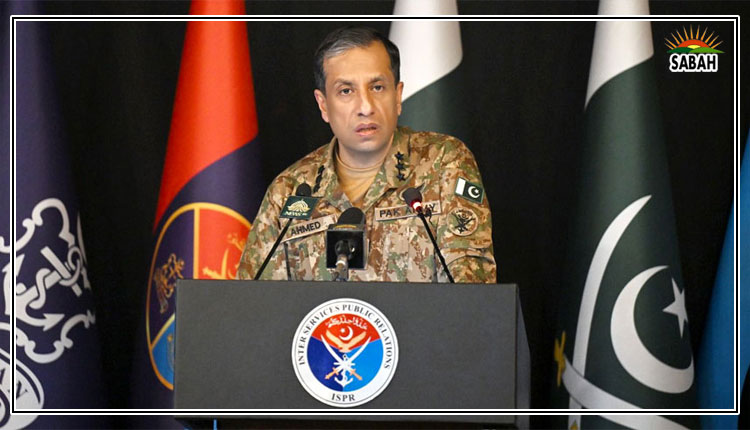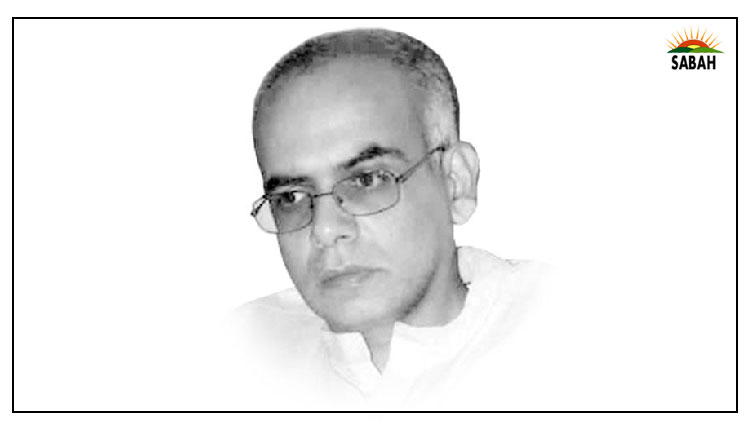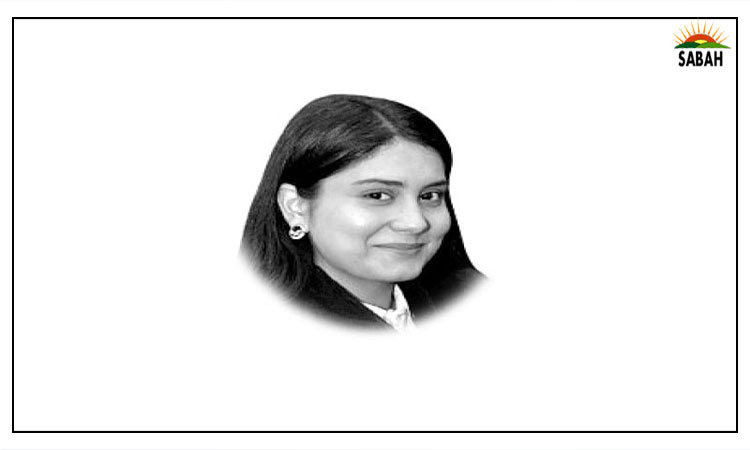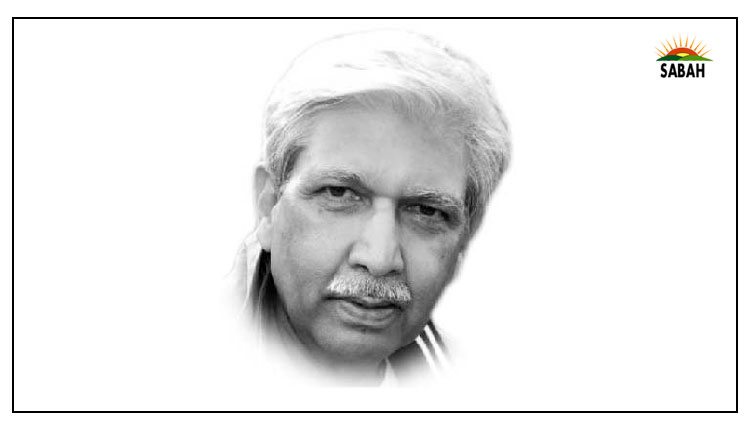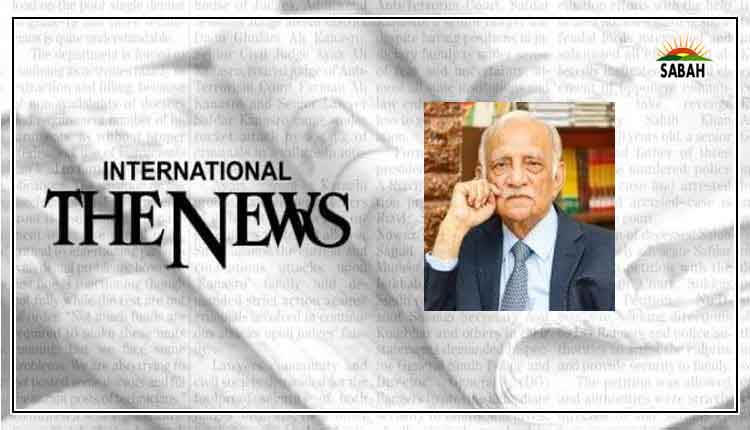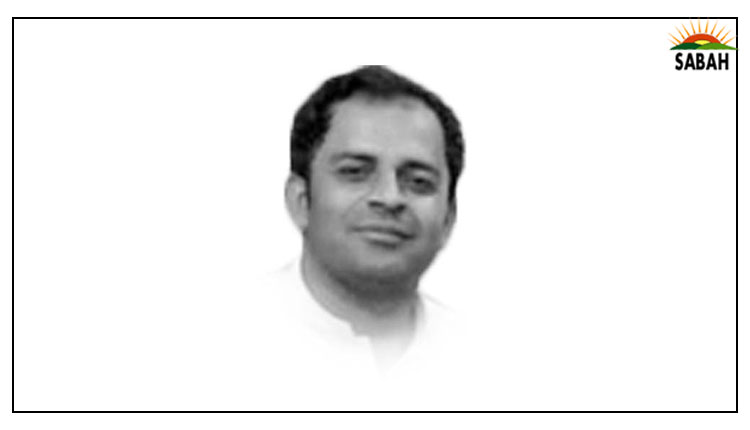Intellect and morality…Ali Hassan Bangwar
Of all creatures living on the earth, humankind claims to be the most intelligent being and the architect of social order. Equipped with an advanced cognitive capacity to make sense of self and surroundings, humans interpret sensory stimuli, assign meaning, interpret events and solve problems coming their way. The intellectual evolution spanning hundreds of millenniums has afforded humans many criteria for assessing thoughts, actions and events with their relative productivity and innocence being at the top. The intellectual judgment in distinguishing good from bad in human actions and thoughts laid down the ground for morality. In other words, intellectual check on actions has evolved the tenets of morality as the guiding individual and social standards.
Though theological expositions contribute to it, morality is much grounded in intelligence. As a capability to understand, reason and objectively engage in problem-solving, human intellect demands conformity to key humanistic values. That the intellect without morality is bestiality and morality without intellect is dogmatist testifies to the ultimate detriment of the one without another. As John Dewey puts it in his essay, The Moral Obligation to Be Intelligent, intelligence is a more moral obligation than academic ability. He insists the decisions reached through the use of intellect must confirm established ethical values instead of interests, impulses or emotions. This can result in moral, practical and productive decisions indispensable for collective social benefits. In this way, introspecting on the inclusive moral implications of actions is a precondition for meaningful and mutually beneficial outcomes.
Therefore, a morally upright and conscientious intellectual class is an indispensable element of the inclusive socioeconomic, political intellectual and moral development of a society. An honest, selfless, and collaborative intellectual class plays a vital role in inclusive development and socioeconomic growth. This is because the intelligentsia acts not only as a shield against oppression but also educates and facilitates the masses about their rights assigned by the canon of the land. The societies with humane, honest and altruistic intelligentsia end up turning into just, egalitarian and progressive ones.
However, the countries that develop fraudulent, dishonest and selfish intellectual lots ultimately get reduced to abodes of sustainable degeneracy and default. Pakistan is, unfortunately, one of them. Unlike otherwise, most of Pakistans intellectual lot suffer from intellectual dishonesty and corruption. Far from viewing it as a moral responsibility to the larger good of the public, most academics, bureaucrats, media persons, writers, judges, entrepreneurs, etc capitalise on their intellect through self-serving manners.
Since most of it is infected with bias, egoism, envy, selfishness and irrational insecurities, the intelligentsia of our society outweighs personal interests over the collective social benefits and moral tenets. They trade morality for personal interests, emotionalism and blind ideological affiliations. They act as courtiers to the elite sponsored status quo in the country.
Because of these interest-driven inclinations, they are likely to be courtiers of the powerful. In most cases, they side with the oppressor than the oppressed. Resultantly, contrary to their counterparts in the rest of the world, their intellect counts as a national liability. Partiality and polarisation of mainstream media, institutional collapse, dysfunctional judicial and police system, deep political polarisation, bureaucratic inefficiency, institutionalised corruption, favouritism, nepotism and the custom of verbal assault and academic insecurity are but a few manifestations of our intellectual corruption.
We need to acknowledge that an amoral intellect is more detrimental than no intellect at all. As a suicidal weapon, intellect sans morality feeds on the very life of a society and transforms it into an anarchic realm. There is, therefore, a dire need to rethink our educational and socialisation culture and bring it in line with established moral norms if we dream of Pakistan being an inclusive and equalitarian state in the future.
Courtesy The Express Tribune


